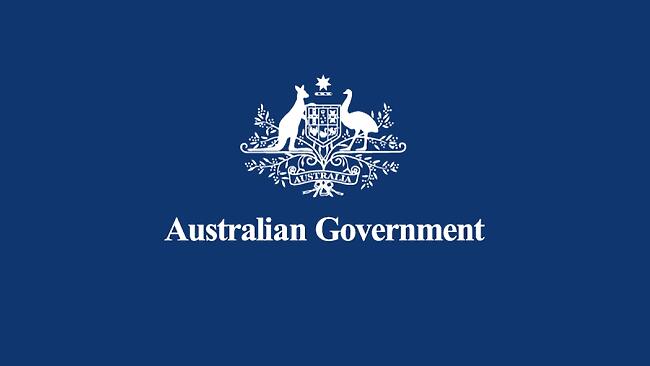Increasing awareness of coercive control
The Albanese Government is launching new resources to tackle family violence by helping victims, their families, friends and frontline professionals to identify patterns of behaviour that amount to coercive control.
Coercive control is a pattern of abusive behaviour designed to create power and dominance over another person or persons. It can involve physical and non-physical abuse and, over time, creates fear and takes away the person's freedom and independence.
Coercive control almost always underpins family and domestic violence. Understanding and identifying these dynamics is fundamental to an effective response to family and domestic violence.
Domestic violence is preventable and developing a shared understanding of coercive control is critical.
The new resources explore how to recognise coercive control and seek help. They include new, simple information for groups considered to be most at risk of family violence, factsheets on tech-facilitated abuse and economic and financial abuse and resources to help healthcare practitioners identify coercive control.
The resources build upon the landmark agreement by the Standing Council of Attorneys-General in September 2023 to endorse National Principles to Address Coercive Control in Family and Domestic Violence which, for the first time, create a shared national understanding of coercive control.
The resources also deliver on one of the preventative actions in the National Plan to End Violence against Women and Children, which is being led by Minister for Social Services, Amanda Rishworth. The National Plan is the overarching national policy framework that guides actions towards ending gender-based violence in a generation.
If you or someone you know is affected by family, domestic or sexual violence, call 1800RESPECT on 1800 737 732 or visit www.1800RESPECT.org.au.
If you are concerned about your behaviour or use of violence, you can contact the Men’s Referral Service on 1300 766 491.
View Original | AusPol.co Disclaimer
